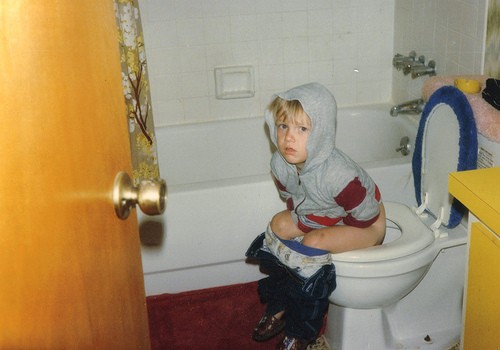
Normal frequency and consistency of bowel movements in children
How does a parent or caregiver know if a baby or a child is having diarrhea that needs immediate attention? Sometimes babies and children move their bowels more times in a day than usual. The color and consistency of their stools may be a little different on some days than what they normally pass. Depending on a young infant's diet (breast milk or formula), she may have three to ten bowel movements per day. Her stools may be soft and may be greenish, yellow, or brown in color. Older babies and children may pass formed stools once or twice a day, depending on what they eat.
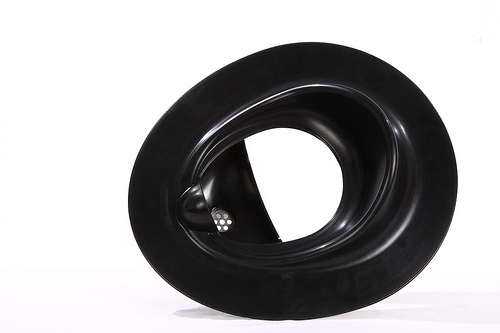
When you know it's diarrhea? (signs)
Experts usually consider young infants who pass at least twice the number of stools they have per day or children who move their bowels at least thrice per day, as having diarrhea. Passing watery, runny, or very loose stools is considered as diarrhea. Sometimes mucus also accompanies stools when children have diarrhea. Aside from a change in frequency and consistency of stools, some children may demonstrate other symptoms, such as fever, vomiting and loss of appetite, which can alert the parents that they may be ill. However, other children do not display significant changes in their daily activities. Acute diarrhea may last for a few days but chronic diarrhea occurs for longer periods.
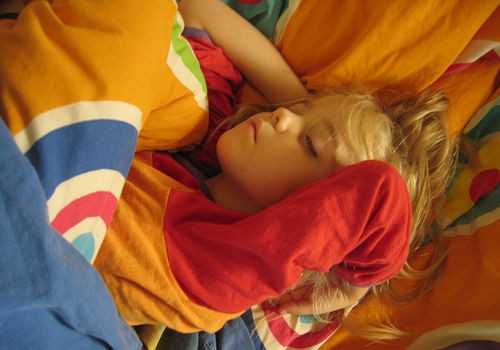
Common causes for diarrhea in children
The leading cause of diarrhea in children is viral gastroenteritis, also commonly called stomach flu. It is often caused by rotavirus, although other types of viruses, such as Norovirus, may also affect children. Rotavirus outbreaks usually occur during winter and early spring, and children usually acquire the infection from hospitals and child-care centers. Other types of viruses, such as enteroviruses (i.e., Coxsackievirus) affect children during summer months. Bacterial infection from unsafe drinking water, poor handling of sewage and contaminated food are common causes of diarrhea in children especially in developing countries. Common bacteria involved include E. coli, Salmonella, and Shigella. Parasites such as Giardia and Cryptosporidium often cause diarrhea in children who are exposed to contaminated water supply. Aside from infectious microorganisms, certain medications including antibiotics and laxatives can cause diarrhea in children. Causes of chronic diarrhea include food allergies, irritable bowel disease, celiac disease, and Crohn's disease.
- Important notification about information and brand names used in this slideshow!
- Photo courtesy of ianus by Flickr : www.flickr.com/photos/ianus/2364151/
- children.webmd.com/guide/diarrhea-treatment
- http://kidshealth.org/parent/infections/common/diarrhea.html#
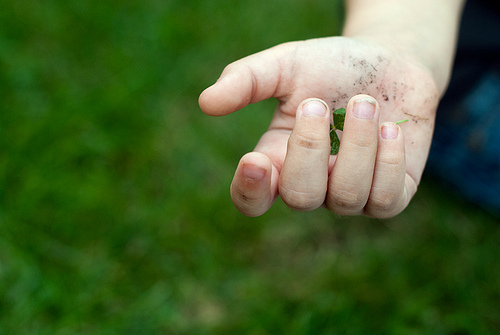
How diarrhea spreads
Infectious diarrhea is highly contagious, and viruses, bacteria and parasites easily spread from child to child or from adult to child. Kids can acquire the infection with their hands by touching contaminated surfaces and objects such as toilets, chairs, toys, pencils, etc. Young children often pass viruses, bacteria and parasites in day-care centers, schools, hospitals, and even their own homes. Poor hygiene among adults who prepare foods can also pass on bacteria and parasites to children, causing infectious diarrhea. Serving undercooked or raw chicken and eggs is one of the main causes of food poisoning. Drinking contaminated water or swallowing water while playing in water parks, pools, aquariums, and contaminated lakes or streams can also promote the spread of microorganisms that can cause diarrhea.
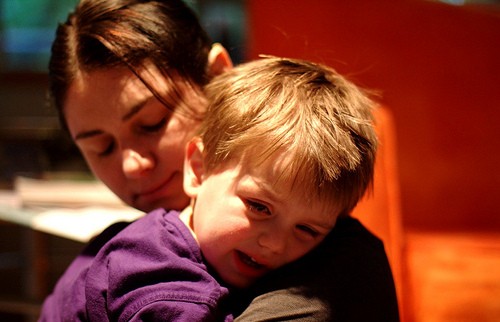
How to treat diarrhea in children
Mild cases of diarrhea in children often respond well to home treatment and may resolve within a few days. Children who continue to play, drink and eat well in spite of their diarrhea may be given the normal amount and type of foods they usually eat and drink as long as they are not vomiting and not dehydrated. Babies may be given breast milk or formula as tolerated, and milk and their regular diet for older children. Avoid giving antibiotics or anti-diarrhea medications except when prescribed by a doctor. Instead of plain water, fruit juice, soda, energy drink, or tea, offer an oral rehydration solution (available in pharmacies and groceries) to the child to prevent or treat dehydration.
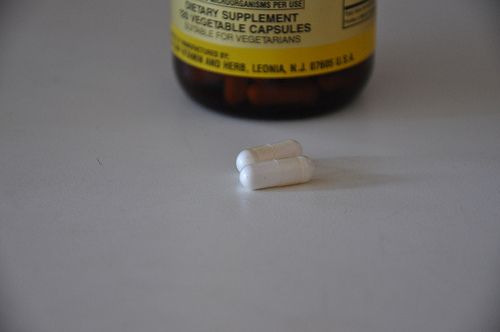
Medications you can give
Most cases of acute diarrhea in children are caused by viruses, which usually get better with rest and appropriate home care. Doctors do not frequently prescribe antiviral medications or antibiotics to treat these cases. They do not recommend giving over-the-counter medications such as Imodium, Kaopectate, or Pepto-Bismol to children because these may mask symptoms and delay proper treatment. If needed, doctors may recommend a stool exam to identify the offending microorganism and prescribe medication as necessary. Antibiotics may be prescribed in certain children who have weakened immune system to prevent the infection from affecting the whole body. Antiparasitic medicines may be prescribed if the child has parasites to shorten the course of their illness.
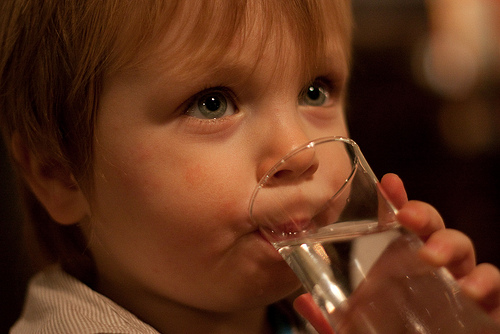
Avoid dehydration
Frequent passage of watery or loose stools may result in dehydration especially when fluid intake is lacking. Children may also lose more water and salts when diarrhea is accompanied by vomiting and fever. It is important to replace water and salts lost when a child has diarrhea to prevent complications from dehydration. Parents and caregivers may help children prevent dehydration and replace fluid loss by giving them an oral rehydration solution (ORS), which consists of a balanced mixture of fluids, sugar and salts. Children who have mild diarrhea and are able to eat and drink normally from their regular diet do not necessarily need ORS, but they should not be given too much water alone. Children who have signs of dehydration are best given the solution to immediately replace salt and water losses. The World Health Organization recommends taking Rehydralyte (ORS) or other solutions available in pharmacies and supermarkets, such as Infalyte and Pedialyte.
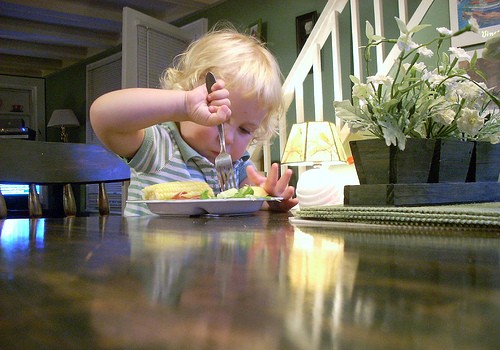
What your kids should and shouldn't eat when having a diarrhea
Most children with mild diarrhea are able to tolerate food and drinks from their regular diet. They may take more fluids but should avoid too much plain water, sugary drinks, carbonated beverages, rice water and other clear liquids that do not have a balanced mixture of fluids, sugars and salts. Experts do not recommend diluting the child's milk formula. They may be allowed to breastfeed or take regular milk formula as tolerated, as well as solid foods, such as fruits, vegetables, and starches. Yogurt with live bacteria cultures may also help improve digestion and reduce diarrhea, especially if the child is taking antibiotics. If diarrhea is severe or if the child cannot tolerate food and continues to vomit, seek immediate medical help to avoid dehydration.
- Important notification about information and brand names used in this slideshow!
- Photo courtesy of c.r.avery by Flickr : www.flickr.com/photos/ameliasdad/1104826197/
- www.caringforkids.cps.ca/handouts/dehydration_and_diarrhea
- http://www.nlm.nih.gov/medlineplus/ency/article/002466.htm
- http://kidshealth.org/parent/infections/common/diarrhea.html#
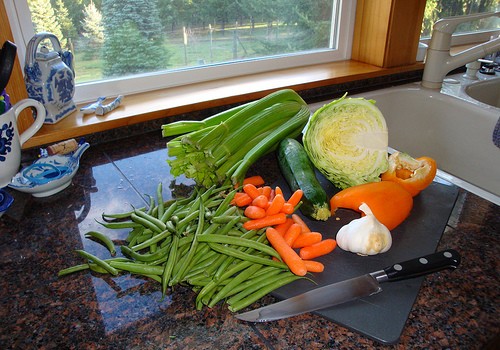
Preventing the diarrhea
Most cases of infectious diarrhea can be avoided through proper hygiene, particularly by frequent, thorough hand washing. Children should be taught to wash their hands after using the bathroom, playing, or touching anything that may be contaminated. They should be taught to use soap and warm water to wash their hands for at least 20 seconds. Experts recommend using a hand sanitizer with alcohol if hand washing is not possible. Small children must also be taught not to put their fingers or any unclean object in their mouths, because this is the easiest way to get contaminated with an infectious organism. It is best to avoid raw, uncooked, or undercooked foods. Fresh fruits and vegetables must be washed thoroughly and peeled. Perishable foods must be properly stored in the refrigerator or freezer. When traveling, children must drink only bottled water and avoid drinking tap water or ice from places where sanitation is not practiced safely.
- Important notification about information and brand names used in this slideshow!
- Photo courtesy of Sally by Flickr : www.flickr.com/photos/quiltsalad/3306081008/
- www.everydayhealth.com/digestive-health/diarrhea/preventing-diarrhea.aspx
- http://www.webmd.com/digestive-disorders/understanding-diarrhea-prevention
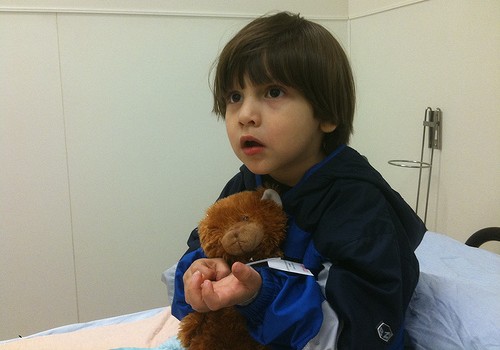
It's time to call doctor when...
Parents will know it's time to call the doctor when then the child demonstrates these signs and symptoms: • The child seems less active and very sick. • Diarrhea lasts more than 3 days. • Diarrhea occurs in babies less than six months old. • Child has more than two episodes of vomiting. • Child has fever over 105° F. • Baby is less than 6 months old with fever over 100.4° F. • Child has signs of dehydration. • Child has blood in the vomit or stool. • Baby is less than a month old with three or more episodes of diarrhea • Child has more than four episodes of diarrhea in 8 hours and is not drinking enough. • Child has stomach pain lasting more than 2 hours. • Child has rashes.







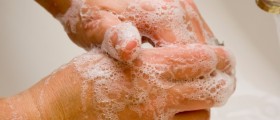




_f_280x120.jpg)
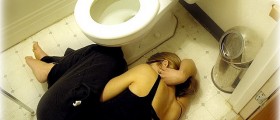

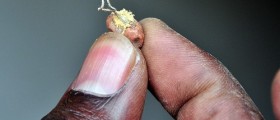

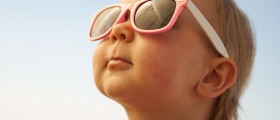
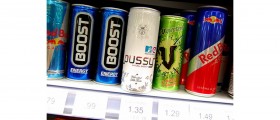
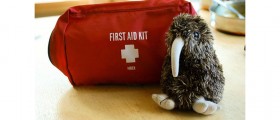
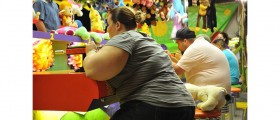
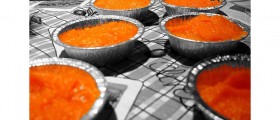

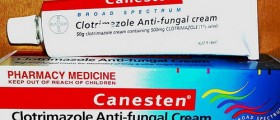

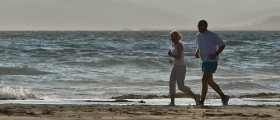
Your thoughts on this
Loading...